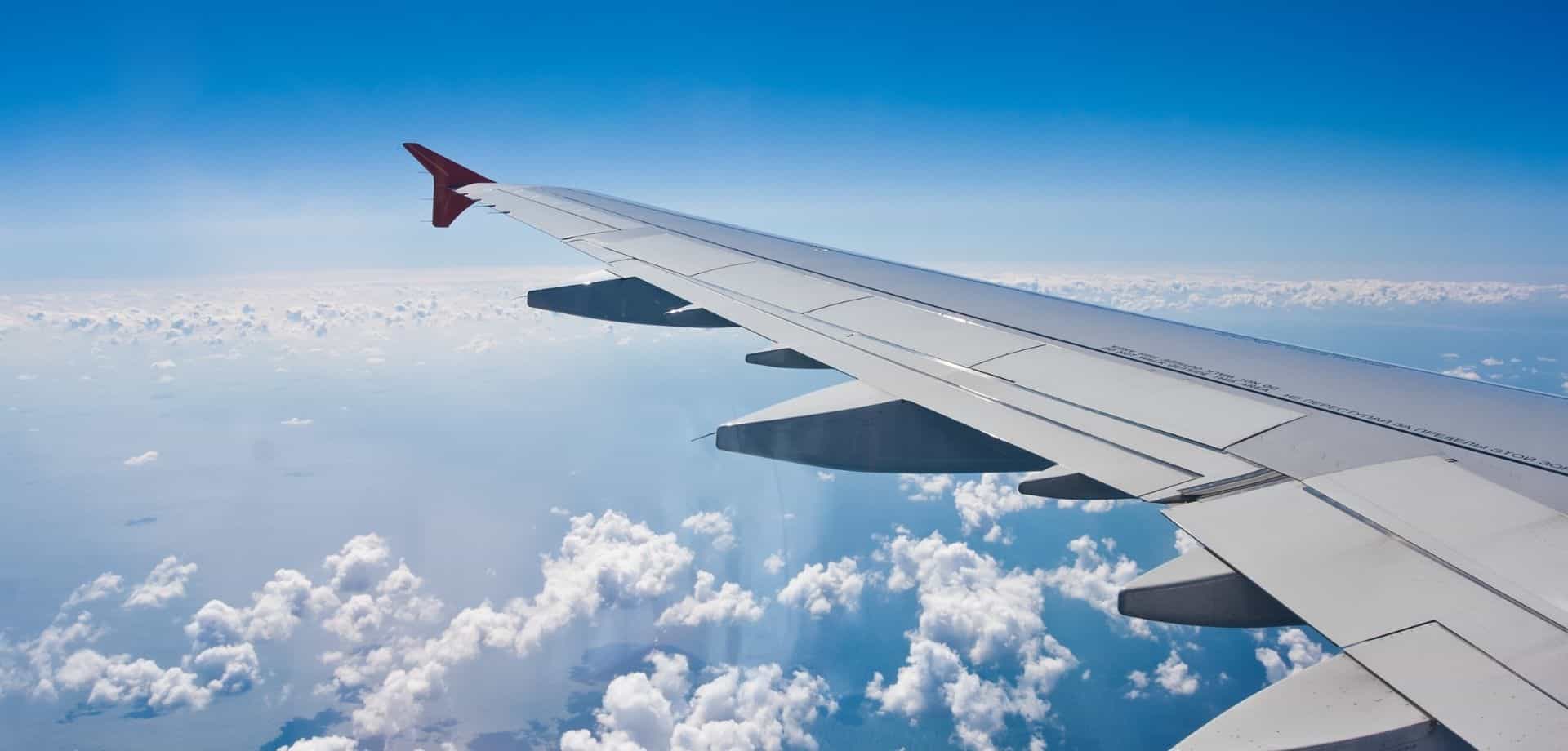Tag: sun health
How to Cope During a Heatwave
The UK is currently experiencing a heatwave with temperatures rising to 35 degrees in some parts of the country this week. While sunshine is welcome and the vitamin D is much needed, too much heat can lead to illness. To avoid any heat-related sickness, make sure you are well-prepared! Follow Fleet Street Clinic’s tips to help keep safe during the hot weather.
Risks During the Heat:
- Exposure to such high temperatures increases sweating, and results in loss of fluid and electrolytes causing rapid dehydration. This can result in heat exhaustion or heatstroke which can be life threatening if not dealt with promptly.
- The highest risk groups are the elderly, babies, children and those with pre-existing medical conditions.
- If you engage in strenuous physical activity this will increase the risk of illness related to the heat.
Top 7 Tips For Beating the Heat
- Seek shelter and shade during the middle of the day (11am -3pm).
- If you are outside, ensure you protect your skin against the sun with a high factor sun cream, hat and sunglasses.
- Wear loose fitting, light-weight and light colour clothing.
- Keep hydrated by drinking plenty of fluids and eating food with a high water content (such as fruit).
- Ensure you are taking in sufficient salt in your diet (sweating leads to electrolyte and salt depletion).
- Avoid caffeine and alcohol, which can worsen heat-related illness.
- Heat stroke can be a life-threatening emergency and medical help should be sought.
About Fleet Street Clinic
Fleet Street Clinic is an independent healthcare practice in London. For more advice or to book an appointment with our expert medical team, you can book online.
Travel nurse Anna takes us on a journey to Tel Aviv. A city on Israel’s Mediterranean coast steeped in history and a vibrant cultural scene. From vaccinations to sun protection follow the top tips to travel safely.
Vaccines
All travellers are advised to ensure that they are in date with their routine vaccinations. Measles outbreaks have been reported in Israel since September 2018, and there are concerns that the increase of travellers heading to Israel for Passover in mid-April could see cases rise. Travellers should ensure that they have received two doses of measles vaccination (often referred to as the MMR) prior to departure.
Other travel vaccinations to be considered are diphtheria, tetanus and polio, and Hepatitis A. Some travellers may also wish to consider vaccinations against Hepatitis B and Rabies. It is always best to discuss which vaccinations are necessary for your trip with a travel nurse.
However, vaccinations cannot protect you from many diseases and dangers in Israel, the risk can be reduced through your behaviours…
Sun
Israel lies within the sub-tropical region with a Mediterranean climate. Summer temperatures can reach 40 degrees Celsius, and even higher in the Negev desert. Don’t let the Mediterranean summer breezes deceive you and stay sun safe. Keep hydrated, wear a high factor sunscreen and avoid the suns rays between 11am-3pm when at its strongest.
Food and Water
Israel is foodie heaven but travellers should still maintain good food and water practices to avoid tummy trouble whilst away. Avoid tap water and ice made from tap water: stick to bottled water. Ensure you wash your hands thoroughly before eating and after using the toilet. Ensure all food you eat is cooked thoroughly and served straight to you. For those who would still like the freedom to eat and drink without worry, it is advisable to carry a gastro kit with you. Inside will be various medications that can assist with travellers’ diarrhoea, should it occur.
Insects
Mosquitoes and sand flies can be particularly problematic during the summer months. Not only can their bites cause irritation, but they can also spread diseases such as West Nile Fever, dengue fever and leishmaniasis. There are no specific vaccinations and preventative treatments for these diseases, and bite avoidance is the only way. Try and cover up especially between dusk and dawn, and wear a good insect repellant that contains at least 50% DEET.
See our Ultimate Bug Kit.
From Red to Dead…
From the riches of the coral seas in the red to the abyss of the dead sea, take sensible precautions when taking the plunge. The dead sea lies 413m below sea level and is actually rather tricky to swim in. Tourist usually come to float on its surface as the high salt content makes it hard to submerge. Be careful. Cover any cuts you have with waterproof plasters to avoid a sharp sting. Do not splash when in the water, as it may cause injury or irritation to your eye if it enters. If you wear contact lenses, it’s best to swap to your glasses.
You can book all vaccination appointments or travel consultations online.
By Anna Chapman | Travel Nurse | May 2019
Boating in the Bahamas
The best way to see the Bahamas is by boat. As an archipelago of over 700 islands and cays all strung together like pearls over a turquoise sea, the majority of visitors choose to cruise to see the many delights that this country has to offer. Whether you only visit the Bahamas or take an all-encompassing Caribbean cruise, it is important to remember those travel vaccinations and travel health advice are essential if you are to enjoy a happy healthy holiday.
Here are our top travel tips for staying healthy in the Bahamas…
Vaccinations
All travellers should be in date with diphtheria, tetanus polio and Hepatitis A. There is no risk of the Yellow Fever virus in the Bahamas, however, if your cruise takes you to an area that does have a risk of the virus (such as South America), you will need to provide evidence of vaccination in the form of a valid Yellow Fever certificate. Cruise ships are confined spaces with a high volume of passengers which makes you more susceptible to infections. If you plan on travelling during the winter months, it is sensible to consider a flu vaccination as respiratory viruses can spread easily.
Sun
The Bahamas lie in the tropical Caribbean seas making the sun, sea and sand the major attraction. Remember to be sun safe. Wear a high factor sun cream throughout your holiday. The sun’s rays are particularly strong between 11am-3pm so it’s best to avoid direct exposure during this time. Slap on a hat, slip on a shirt and slop on some sunscreen.
Insects
The Bahamas have a risk of dengue fever, chikungunya and the Zika virus. These illness are spread via the bite of an infected Aedes mosquito. Whilst causing mild illness in many, they can cause more serious complications and are best avoided. Zika virus is associated with a serious complication during pregnancy and those who are pregnant or plan to become pregnant soon after the trip are advised against travel to the area. There are no specific vaccinations against these mosquito-borne viruses so bite prevention is the only defence. Cover up exposed skin and wear an insect repellent containing at least 50% DEET.
See our Ultimate Bug Kit.
Gastro Kit
The majority of Bahamian cuisine comes straight out of the sea. Whilst seafood and fish are delicious, ensure that any food consumed is cooked thoroughly and served fresh to you. The Bahamas has an abundance of fresh tropical fruit but it is wise to adhere to the ‘cook it, boil it, peel it or forget it’ saying to avoid the dreaded traveller’s diarrhoea. We advise travellers to take a gastro kit with them which can help prevent and treat the commonest gastrointestinal symptoms that occur when travelling.
Cruise Health
If you do plan to see the Bahamas by boat, ensure you follow some sensible precautions to avoid getting sick from fellow passengers. Wash your hands regularly, make use of the alcohol-based sanitizers stations on board, carry a small alcohol-based hand sanitiser to keep your hands clean when off the ship. Ensure you stay hydrated, but make sure you drink water from a safe source (bottled, boiled or purified).
Book your travel appointment today
By Anna Chapman | Travel Nurse | March 2019
The Blue Hole in Belize is famous for being a natural wonder with a unique diving experience. It’s world-class diving rates as one of the top 5 diving sites in the world. Belize is a great travel destination for the adventure traveller.
Avoid getting that sinking feeling by following our top 5 tips for staying healthy…
1 – Vaccinations are important.
Ensure you are up-to-date with your travel vaccinations including diphtheria, tetanus and polio and Hepatitis A. Speak to a travel nurse before you travel to ensure you are protected for your trip, especially if you have multiple destinations planned.
2 – Pack a small first aid kit.
A small first aid kit packed with travel essentials will cover you for minor injuries. Forceps or tweezers are useful for removing foreign bodies, such as sea urchin spines, and antiseptic wash or cream can be used to treat any coral cuts or abrasions. We stock a perfect essential first aid kit on our online shop.
3 – Be sun-safe to avoid sunburn.
Be conscious of how much sun exposure you get. The Caribbean sun can be strong with an increased risk of sunburn if you’re not careful. Wear sunscreen in between your dives with a protection level of at least SPF50 and spend time in the shade, especially in the midday sun between 11am and 3pm. Cover up with clothes, a hat and sunglasses to protect your skin, scalp and eyes.
4- Keep hydrated.
Although you are surrounded by water, diving and the sun exposure can cause dehydration. Ensure you drink plenty of fluids to prevent it. It is best to avoid drinking tap water directly, unless using a water bottle with a filter or chlorine dioxide tablets, both of which will make the tap water safe to drink. Another alternative is to buy bottled water with a seal although, those trying to reduce their plastic footprint should opt for the former options.
5 – Avoid sea sickness.
The journey from the mainland to the blue-hole can take up to 3 hours and is often crossing bumpy seas. If you are prone to travel sickness you may want to ensure you pack some medication to prevent this so not to interrupt your experience.
Book your travel appointment today
By Anna Chapman | Travel Nurse | February 2019






